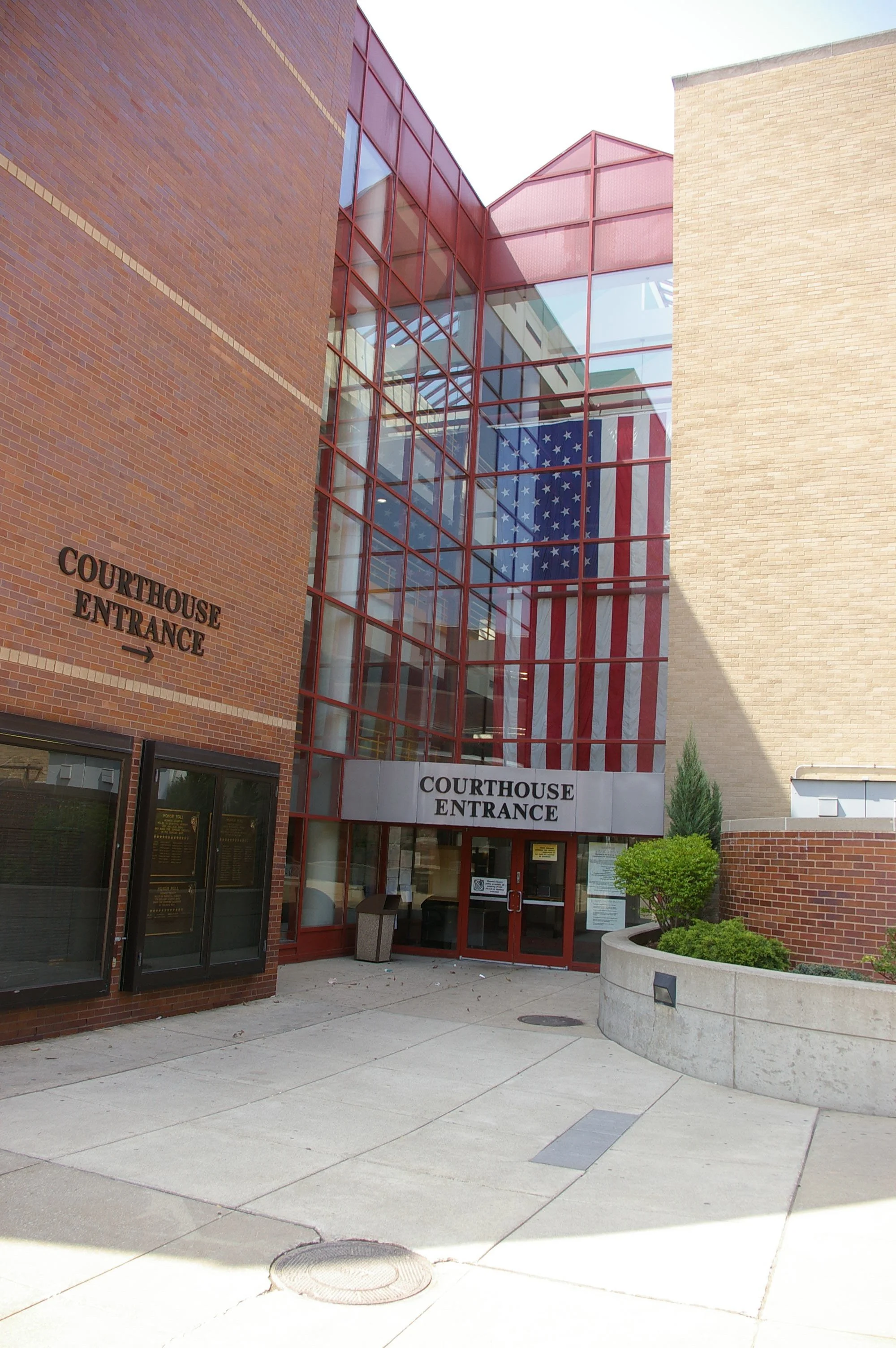Trust Administration
It's important to note that the complexity of trust administration can vary depending on the terms of the trust, the types of assets involved, and the specific instructions provided by the grantor. Trust administration is generally a private process, unlike probate, which is a court-supervised process subject to public record. Consulting with an experienced trust and estate planning attorney like Thompson Legal is advisable to navigate the trust administration process and ensure compliance with all applicable laws.
Trust administration is the process of managing and settling the affairs of a trust after the death of the Trust’s grantor or settlor.
Trusts are legal arrangements where assets are held by a trustee for the benefit of beneficiaries. When the grantor passes away, the trust administration process is initiated to carry out the terms outlined in the trust document. Additional rules affecting trust administration are detailed in Michigan’s Estates and Protected Individuals Code.
Duties and Requirements of a Trustee
Fiduciary Duty: As a trustee, you have a fiduciary duty to act in the best interests of the beneficiaries, putting their interests above your own. This duty requires loyalty, prudence, and diligence in managing the trust.
Notice to Beneficiaries: MCL 700.7814(2)(c) and (a) requires a trustee to promptly notify beneficiaries of the existence of a trust, the identify of the settlor, and furnish a copy of the trust upon reasonable request from a trust beneficiary.
Prudent Administration: MCL 700.7817 emphasizes the duty of the trustee to administer the trust in a manner that is reasonably productive and consistent with the purposes, terms, distribution requirements, and other circumstances of the trust.
Communication with Beneficiaries: Keep open lines of communication with the beneficiaries. This involves providing updates on the trust's status, notifying them of significant events, and addressing any inquiries they may have.
Pay Debts and Expenses: The trustee must publish for creditors, identify and pay the decedent's outstanding debts and expenses, and pay and taxes owed. This may involve working with creditors to settle claims.
Resolve Creditor and Legal Disputes: A trustee is tasked with resolving and creditor claims or legal disputes that arise against the trust.
Assest Distribution: If the trust document outlines specific instructions for the distribution of income or principal, follow these guidelines. Ensure that distributions are made in accordance with the terms of the trust.
Record Keeping: Maintain accurate and organized records related to the trust administration. This includes records and receipts of all transactions, communications, and decisions made in the course of managing the trust.
Accounting and Reporting: MCL 700.7814 imposes a duty on the trustee to keep the qualified beneficiaries of the trust reasonably informed about the administration of the trust and to provide a complete and timely account of the trust property, liabilities, receipts, and disbursements.
Termination of the Trust: After all obligations have been completed and beneficiaries have received their distributions, the Trustee should close any trust accounts and terminate the Trust. If the trust document includes provisions for termination, follow the specified procedures for winding up the trust.
Seeking Professional Advice: Trustees are encouraged to seek professional advice, especially legal and financial counsel, when faced with complex decisions or situations.
Wayne County Probate Court
1305 Coleman A. Young Municipal Center
Two Woodward Avenue
Detroit, Michigan 48226
(313) 224-5706
probateservice@wcpc.us
Monroe County Probate Court
125 East Second Street Monroe,
Michigan 48161-2197
(734) 240-7000
probateclerks@monroemi.org
Oakland County Probate Court
1200 N. Telegraph Road
Pontiac, MI 48341
(248) 858-1000
ProbateDE@Oakgov.com
FAQs about Trust Administration in Michigan
What is trust administration, and when is it necessary?
Trust administration is the process of managing and distributing assets held in a trust after the death of the grantor. It is necessary when a family member or loved one has established a trust, and the grantor has passed away.
What is the role of a trustee in trust administration?
The trustee is the individual or entity appointed to manage and administer the trust. Their role includes following the terms of the trust document, gathering and valuing assets, paying debts, and distributing assets to beneficiaries. The trustee is also responsible for addressing tax matters, including filing income tax returns for the trust and, if applicable, estate tax returns.
How is trust administration initiated in Michigan?
The trust administration process typically begins when the grantor, or the person who established the trust, passes away. The successor trustee initiates the process by reviewing the trust document and notifying relevant parties.
What assets go through trust administration?
Assets held in the existing trust, such as real estate, financial accounts, businesses, and personal property, go through trust administration. Assets with designated beneficiaries or held jointly may bypass the trust. Assets which are titled solely in the name of the Decedent may require probate.
How long does trust administration take?
The duration of trust administration can vary based on the complexity of the trust and the assets involved. It generally takes several months to a year to complete the process.
How are debts handled in trust administration?
Trustees should publish for creditors in the local legal news to start the timeline of allowing creditors to submit creditor claims. Creditors then typically have a limited time to submit claims. The trustee is also responsible for identifying and paying the decedent's debts and expenses using trust funds.
What happens if there is no successor trustee?
If the trust document does not designate a successor trustee, or if the designated successor is unable or unwilling to serve, the probate court may appoint a successor trustee.
What fees are involved in Michigan trust administration?
Trust administration costs may include trustee fees, legal fees, creditor publication, and any other expenses related to the administration process. These fees are typically paid from the trust assets.
Can the terms of the trust be contested in Michigan?
While it is generally more challenging to contest a trust than a will, interested parties may contest the terms of the trust based on grounds such as undue influence, lack of capacity, or fraud. The trust can be contested in the probate court in the county in which the trust is located or where the Decedent passed.
Can I serve as the successor trustee?
Any competent adult can potentially serve as a successor trustee. It is essential to understand the responsibilities involved and seek legal guidance before accepting the position.
This FAQ provides general information about trust administration in Michigan and is not legal advice. For personalized guidance based on your specific situation, consult with a qualified estate planning attorney.
-

Creditor Claims in a Probate Estate: Do They Have to Be Paid?
Michigan, like many other states, has specific laws governing creditor claims in probate estates. In this blog post, we'll delve into the legal aspects of creditor claims in Michigan probate estates and explore whether these claims are required to be paid, referencing relevant statutes such as MCL 700.3801, MCL 700.3806, and MCL 700.3805.
-

Michigan Probate Costs and Fees: Managing Estate Expenses
Probate fees can impact distribution of assets and the compensation to beneficiaries. Additionally, some costs might be due prior to having access to estate funds. In this blog post, we'll break down the key fees you can expect during a Michigan probate estate administration.
-

Selling Real Estate from a Decedent's Estate in Michigan: A Guide
Michigan provides guidelines for personal representatives seeking to sell real estate. In this legal blog post, we'll explore the authority of a personal representative to sell real estate under MCL 700.3715 and the process of filing a Petition for Approval for the Sale, utilizing the State of Michigan's form (PC 681).





